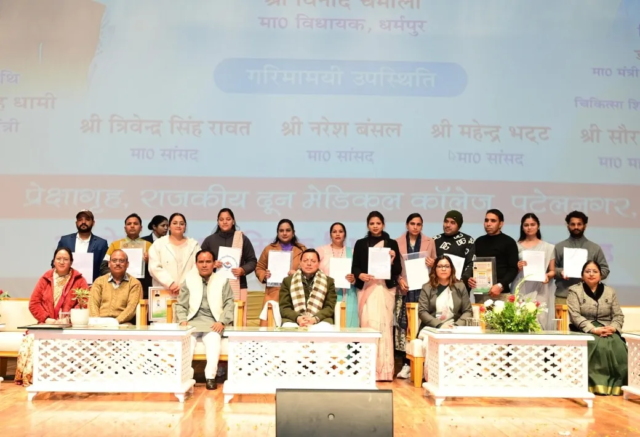If you used fake ID for WhatsApp-Telegram then be ready to go to jail and fine

A telecom subscriber can be punished with imprisonment of either description for a year or a fine of up to Rs 50,000 for providing forged documents or false identification on over-the-top (OTT) communication platforms such as WhatsApp, Signal or Telegram for obtaining a mobile SIM card. According to a report in Economic Times, the Department of Telecommunications has put these provisions in the recently released Draft Telecommunications Bill to protect users from online financial frauds and other illegal activities. There are many examples of financial frauds committed by cybercriminals. These criminals usually take SIM cards on fake documents and hide their real identity on OTT apps to make calls. According to the official explainer of the bill, every telecom user should know who is calling.
Help prevent cyber fraud
The explanatory note states that the move will help prevent cyber frauds that are carried out using telecom services. Therefore, provisions relating to identification have been incorporated in the Bill at relevant places. Under Section 4 of the Draft Bill, sub-section 7 states that telecom users are required to declare their identity.
Misrepresentation of identity by a person availing telecommunication services shall be punishable with imprisonment for a term which may extend to one year, or with fine which may extend to Rs 50,000, or with suspension of telecommunication services, or with any of the following Can be applied in combination. Fake identity is defined as a cognizable offence, which means that a police officer can make an arrest without a warrant and initiate an investigation without the permission of the court.
OTT platforms will also have to do KYC
The government is seriously looking into the issue of online financial frauds and has made it mandatory that going forward, OTT platforms also have to complete the KYC formalities of the users. Communications Minister Ashwini Vaishnav recently explained the bill, saying that the new bill will directly deal with the situation of cyber fraud and remove it not only in one, but in many dimensions. The draft of the Telecom Bill includes the obligation to perform KYC, including various modes of calls, to ensure duties in the case of users. He further said that I firmly believe that with the implementation of this bill, we can bring a significant reduction in cyber frauds.
He had said that the person receiving the call should know who is making the call. This includes all types of calls, be it a normal voice call, a WhatsApp call, a FaceTime or any other OTT call. The difference between a voice and a data call has disappeared. KYC needs to be done for all platforms and services will have to be covered under the same law. With this thought process OTT has been brought under the definition of Telecom.
Recommendation of trucker-like mechanism
The DoT has already sent a reference to the Telecom Regulatory Authority of India, asking it to recommend a mechanism that would allow the caller’s name to flash on the screen when a call is received. The name will be as per the KYC record of the Telecom subscriber. Such an arrangement would allow telecom users to know the name of the caller even if it is not saved in their phone book. Currently users can know the identity of the caller using apps like Truecaller but the limitation with such apps is that the data is crowdsourced. So it may not be 100 percent authentic.







